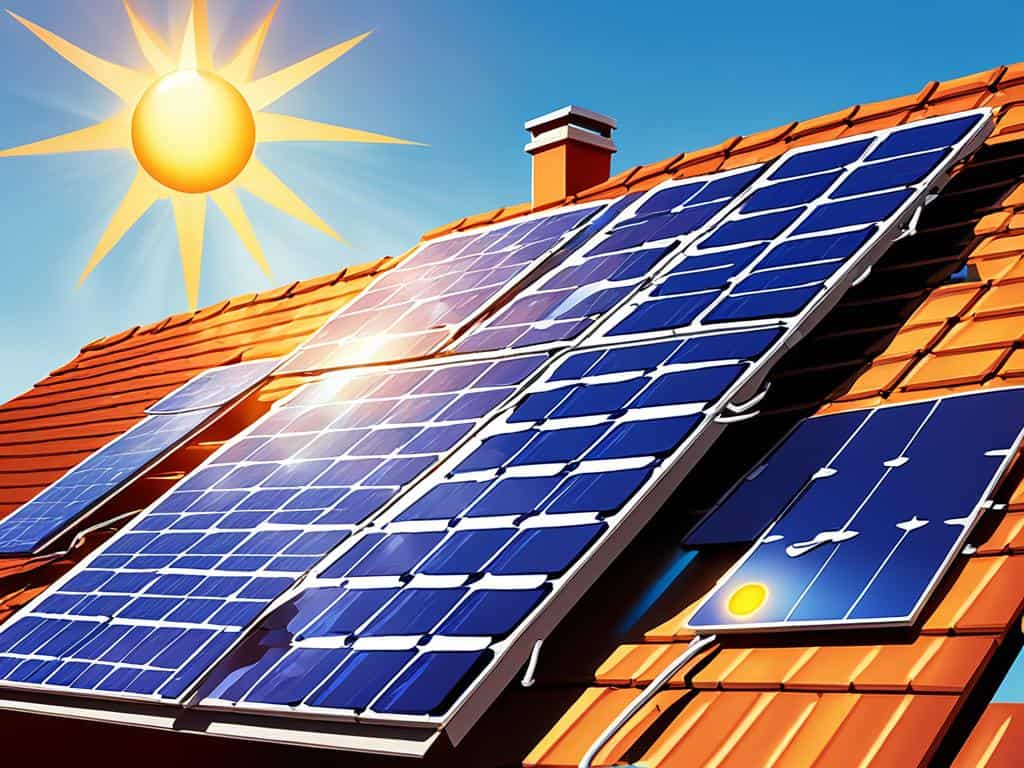By Eniola Amadu
Iraq is set to commission its first industrial-scale solar power plant in Karbala on Sunday as part of efforts to address the country’s decades-long electricity crisis marked by widespread blackouts despite vast oil and gas reserves.
The project, located in al-Hur area of Karbala southwest of Baghdad, covers about 1,000 acres (400 hectares) of desert land and is lined with tens of thousands of solar panels.
At full capacity, it is expected to produce 300 megawatts of electricity, making it the largest solar installation in the country so far, according to Iraqi media reports.
Nasser Karim al-Sudani, head of the national team for solar energy projects under the prime minister’s office, said the Karbala plant is part of a broader renewable energy expansion.
Another 225-megawatt project is under construction in Babil province, while a 1,000-megawatt project is planned for Basra in the south.
Deputy Minister of Electricity Adel Karim added that Iraq currently has solar projects amounting to 12,500 megawatts either under implementation, awaiting approval, or under negotiation.
Excluding the semi-autonomous Kurdistan region, these projects could eventually supply around 20 percent of the country’s total power needs.
Electricity shortages in Iraq have persisted for decades, rooted in conflict, corruption, and poor infrastructure management.
This summer, power demand peaked at 55,000 megawatts as temperatures soared above 50°C in some areas.
Current output stands at about 28,000 megawatts, with nearly a third supplied by natural gas imported from neighbouring Iran.
However, reliance on Iranian energy has proved problematic. Supplies have repeatedly been disrupted by U.S. sanctions targeting Tehran’s economy, as well as Iran’s own domestic energy shortages.
In March, Washington ended a sanctions waiver that allowed Iraq to purchase electricity directly from Iran, although it still permits the purchase of Iranian natural gas to fuel Iraqi power plants.
Officials say the new solar plants are expected to reduce Iraq’s dependence on imports while cutting gas emissions.
Iran is also grappling with its own energy shortages, a crisis that has disrupted the flow of electricity and gas supplies to Iraq in recent years.



